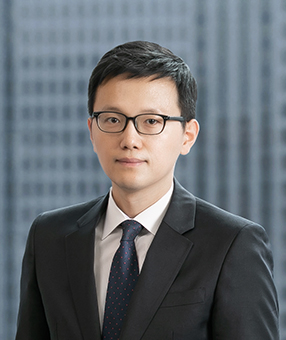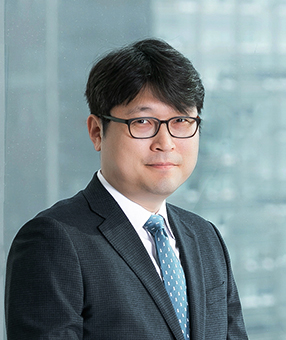Kim & Chang's Intellectual Property Practice successfully defended the validity of three agrochemical crystalline form patents (the "Subject Patents") at the Intellectual Property High Court (the "IP High Court"), which overturned the Intellectual Property Trial and Appeal Board's (the "IPTAB") previous decisions of invalidity of these patents. The IP High Court decision was subsequently upheld by the Supreme Court.
The Subject Patents in these cases pertain to specific crystalline forms of certain fungicidal agrochemical compounds which are claimed to solve the issue of crystal growth in agrochemical formulations, i.e., (i) modification II of the Boscalid compound, (ii) a method for preparing modification II of the Boscalid compound, and (iii) modification IV of the Pyraclostrobin compound. The primary validity issue related to whether these specific crystalline forms of the Subject Patents were inventive over the cited references under strict Korean laws and practices.
Under Korean practice, a crystalline form invention whose subject matter is a specific crystalline form of a previously known compound, and which differs from the previously known compound only in terms of the crystalline form, is generally subject to a very strict standard for assessing inventiveness, where inventiveness is recognized only if the claimed crystalline form has an effect that is qualitatively different from or quantitatively remarkable over that of the previously disclosed compound, regardless of whether the crystalline form would have involved any constitutional difficulty (i.e., whether there would have been difficulty in combining prior art elements to create the claimed invention), since crystalline form inventions have generally been presumed not to involve any constitutional difficulty. Applying this standard, the IPTAB denied the inventiveness of each of the Subject Patents, and the patentee appealed these decisions to the IP High Court.
Our firm was able to successfully argue on appeal that a recent Supreme Court precedent issued after the appeals were filed actually established a new standard for assessing the inventiveness of crystalline form inventions, and presented substantial evidence and expert data and testimony that the Subject Patents were not different from the Supreme Court case, and thus also should be considered inventive. Specifically, our firm argued that the Supreme Court had affirmed that both remarkable effect and constitutional difficulty must be considered for assessing inventiveness of crystalline form inventions, consistent with review of chemical inventions in general, and that the Subject Patents involved constitutional difficulty, and thus should be considered inventive.
The IP High Court ruled in the patentee's favor and reversed the IPTAB decisions of invalidity, recognizing the inventiveness of the Subject Patents on the basis that a person of ordinary skill in the art would not have readily conceived the specific crystalline forms of the Subject Patents without hindsight, for the following reasons: (i) the cited references did not indicate whether the Boscalid or Pyraclostrobin compounds existed as solids, and if so, whether they were crystalline or amorphous, (ii) there was no evidence to suggest that the compounds were known to have multiple crystal forms (crystalline polymorphism) at the priority dates of the Subject Patents, (iii) the specific crystalline forms described in the Subject Patents involved different variables in their crystallization processes compared to those outlined in the cited references, and that (iv) the specific crystalline forms of the Subject Patents exhibited significant crystal growth inhibitory effects in agrochemical formulations beyond other crystalline forms, as evidenced by the working examples in the Subject Patents and additional experimental data.
These decisions are significant in being the first appellate decisions in Korea to apply the new crystalline form inventiveness standard in contentious IP cases. These results were obtained in large part through careful analysis and application of the new Supreme Court precedent to these cases, and persuasively arguing the applicability of the Supreme Court's reasoning to the inventions in these cases.
Related Topics







